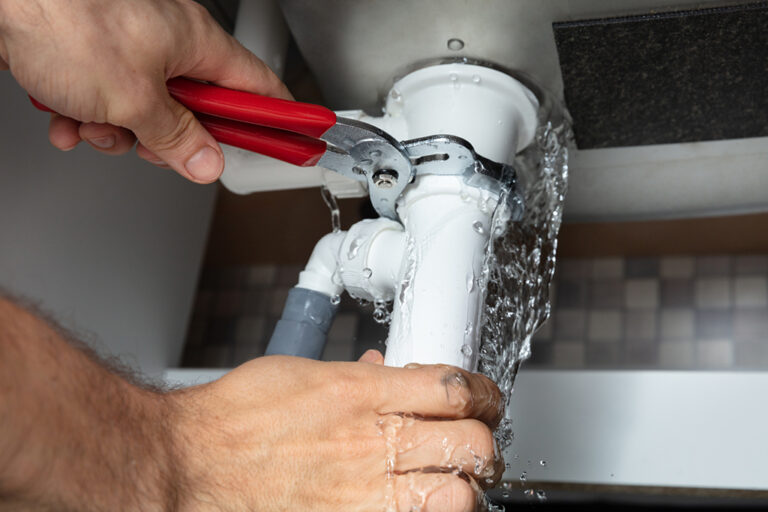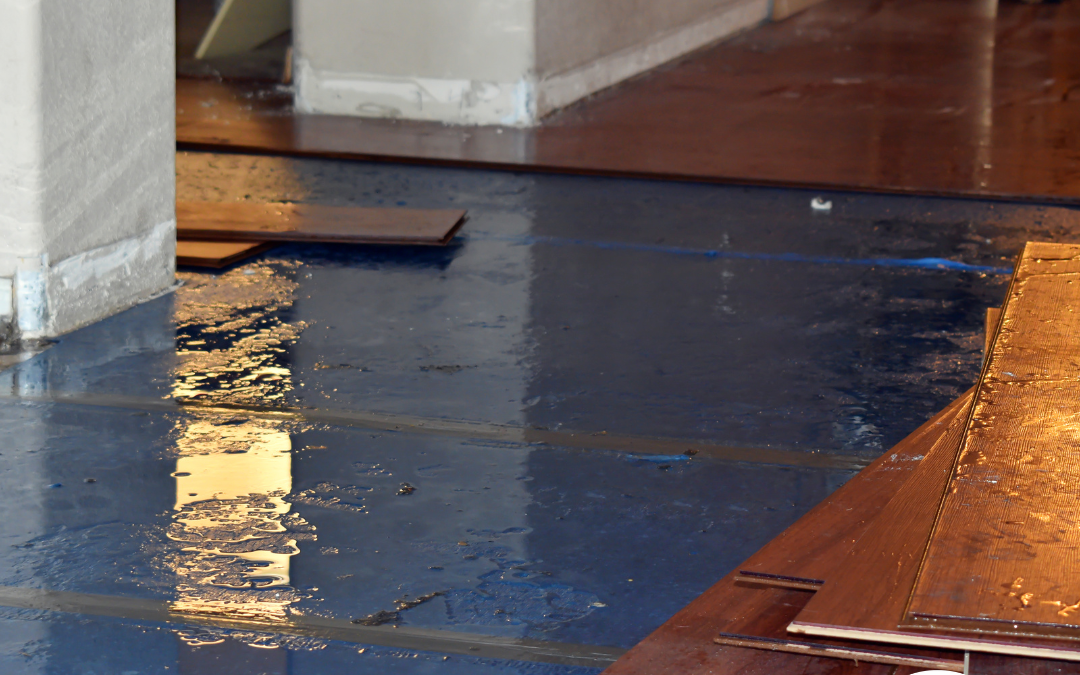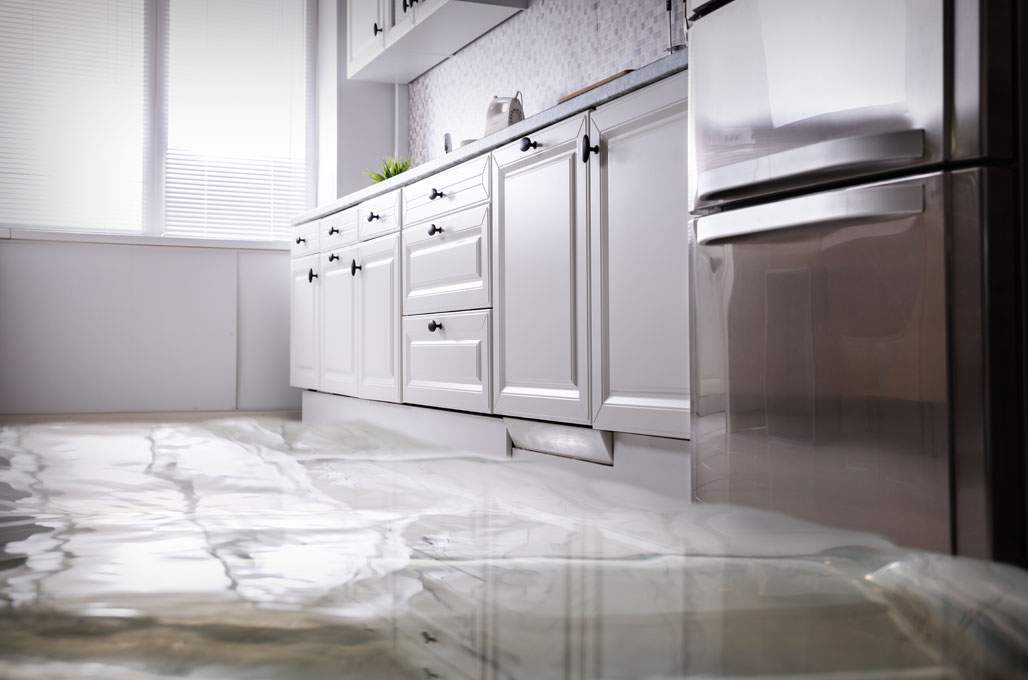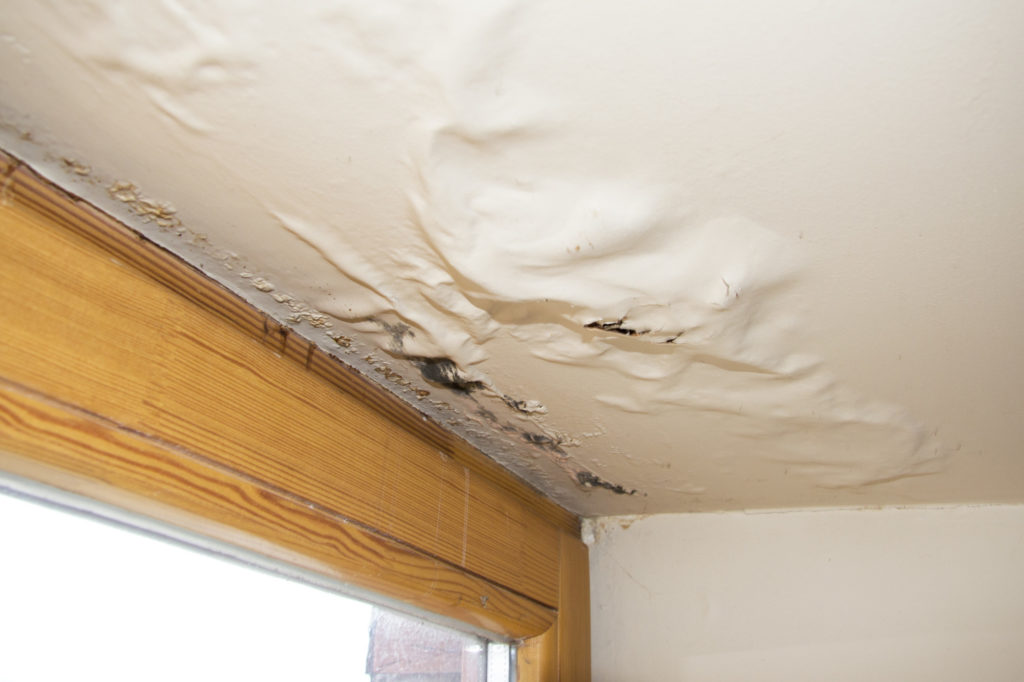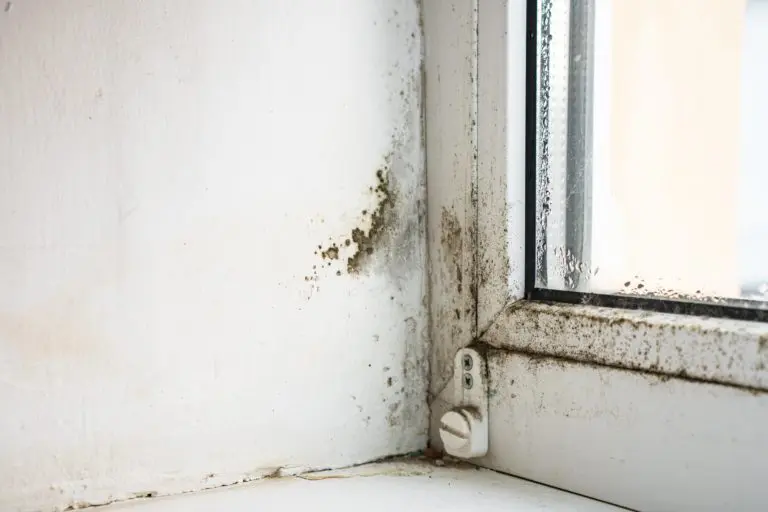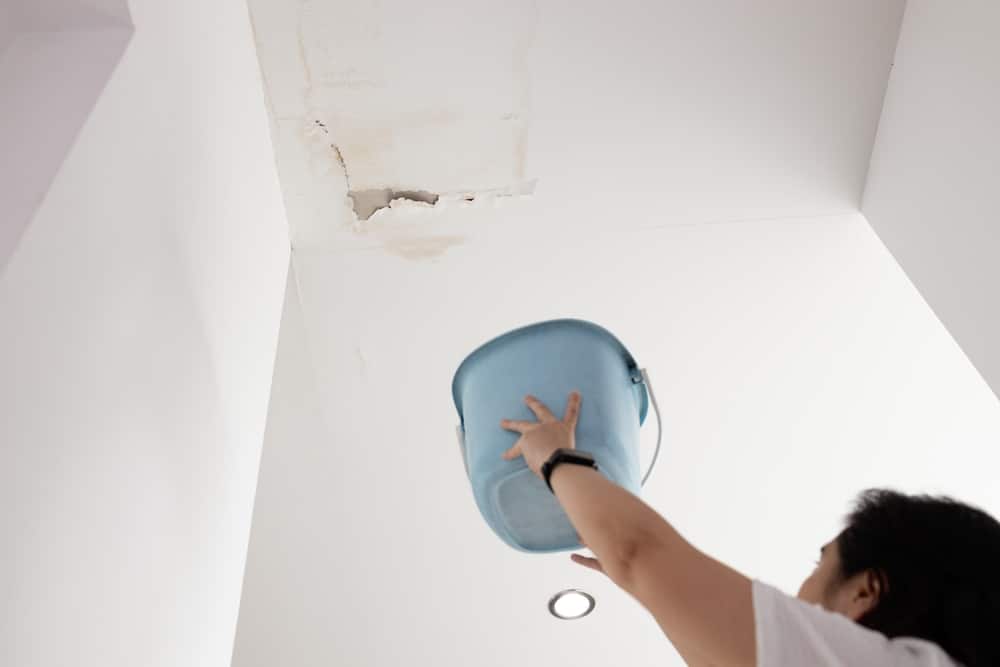Have you ever considered the eco impact of home water leaks? Water leaks are not just a nuisance for homeowners, but they also have significant environmental consequences. The impact of water leaks extends beyond increased water bills, affecting our planet in profound ways. In this article, we’ll explore how these leaks contribute to environmental challenges and what we can do to mitigate their effects.

The Hidden Cost of Water Leaks
Leaks in our homes can often go unnoticed, but their environmental impact is substantial. A single drip per second can waste over 3,000 gallons of water annually. This wastage not only strains municipal water supplies but also increases energy demand for water treatment and transportation. Understanding the eco impact of home water leaks is crucial for fostering a more sustainable lifestyle.
Water Conservation: A Global Imperative
Water is a precious and finite resource. With climate change and population growth, water scarcity is becoming a critical issue worldwide. Home water leaks contribute significantly to this problem. According to the U.S. Environmental Protection Agency (EPA), household leaks can waste nearly 1 trillion gallons of water annually in the United States alone. This highlights the need for immediate action.
How Leaks Affect the Environment
When we think about water leaks, we often focus on the financial costs, but the environmental costs are just as important. Leaks can lead to increased carbon emissions due to the energy required to pump, heat, and treat wasted water. Moreover, leaks can cause water damage, promoting mold growth and structural issues that may require extensive repairs, further increasing the carbon footprint of a household.
The Link to Water Pollution
Water leaks can also contribute to pollution. As water seeps from pipes, it can carry contaminants into the ground and waterways. This not only affects water quality but can also harm aquatic ecosystems. Addressing leaks is a crucial step toward preventing water pollution and preserving our natural habitats.
Detecting and Fixing Water Leaks
The first step in addressing the eco impact of home water leaks is detection. Many leaks go unnoticed because they occur in hidden areas such as behind walls or under floors. Regular inspection of your plumbing system and being vigilant about unusual water usage can help detect leaks early.
Smart Home Solutions
With advancements in technology, smart home devices can now help in detecting and preventing water leaks. These devices can monitor water usage in real-time and alert homeowners to anomalies that may indicate a leak. Investing in such technology not only helps in conserving water but also minimizes potential damage to your home.
Water-Saving Tips for Homeowners
Simple practices can significantly reduce water wastage and its environmental impact. Fixing leaks promptly, installing water-efficient fixtures, and using water-saving appliances can contribute to conservation efforts. Homeowners can also consider collecting rainwater for irrigation and reducing outdoor water usage.
Community and Policy Initiatives
Addressing the eco impact of home water leaks requires not just individual action but also community and policy initiatives. Governments and local authorities can implement stricter regulations on water usage and promote awareness campaigns to educate the public on the importance of water conservation.
The Role of Education in Conservation
Education plays a vital role in conservation efforts. By raising awareness about the eco impact of home water leaks, we can encourage more people to take action. Schools and community programs can emphasize the importance of water conservation and provide resources for homeowners to manage their water usage effectively.
Future Technologies in Water Management
The future of water management lies in innovative technologies. Research and development in this field are crucial for creating efficient systems that reduce water wastage. As technology evolves, we can expect more advanced solutions that will help minimize the environmental impact of water leaks.
Conclusion: A Call to Action
The eco impact of home water leaks is a pressing issue that demands immediate attention. By understanding the environmental consequences and taking proactive steps, we can contribute to a more sustainable future. It’s time for homeowners, communities, and policymakers to work together to conserve our precious water resources and protect our planet.

FAQs
Q1: How can I detect water leaks in my home?
A1: Regularly check your water meter when no water is being used. If the meter changes, you likely have a leak. You can also look for signs such as damp spots, mold, or a sudden increase in your water bill.
Q2: Why is fixing home water leaks important for the environment?
A2: Fixing leaks helps conserve water, reduces energy use for water treatment, and minimizes carbon emissions. It also prevents water pollution and protects aquatic ecosystems.
Q3: What technologies can help prevent water leaks?
A3: Smart home devices that monitor water usage and detect leaks can be highly effective. These devices alert homeowners to potential leaks, allowing for quick action and prevention of further damage.
For more information on preventing and handling water damage, you can visit ways to prevent water damage and learn how to protect your home effectively. Additionally, explore the benefits of smart home technology in water management on stopping musty odors and maintaining a healthy living environment.
This article contains affiliate links. We may earn a commission at no extra cost to you.

